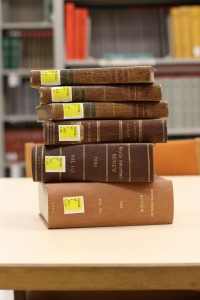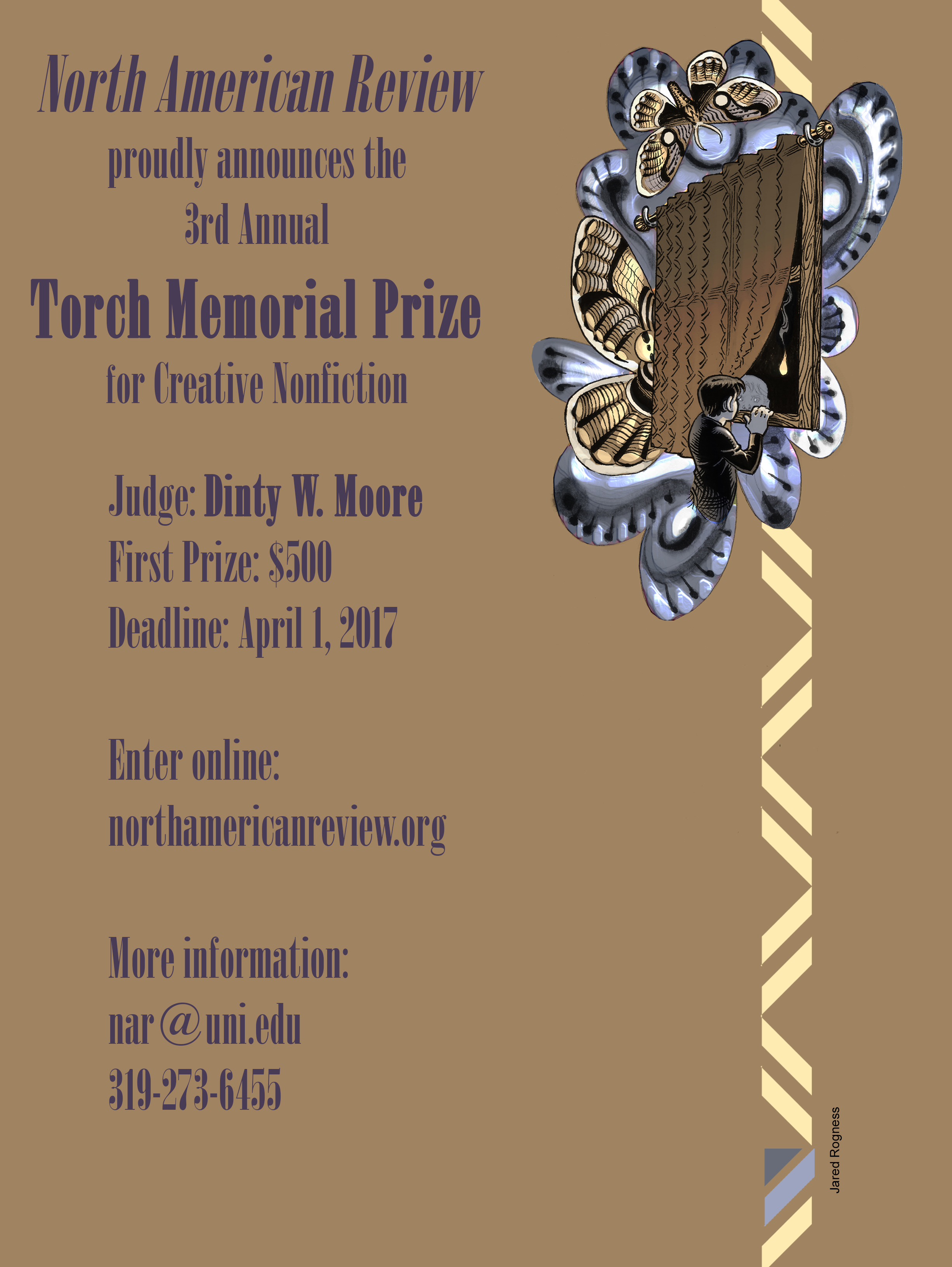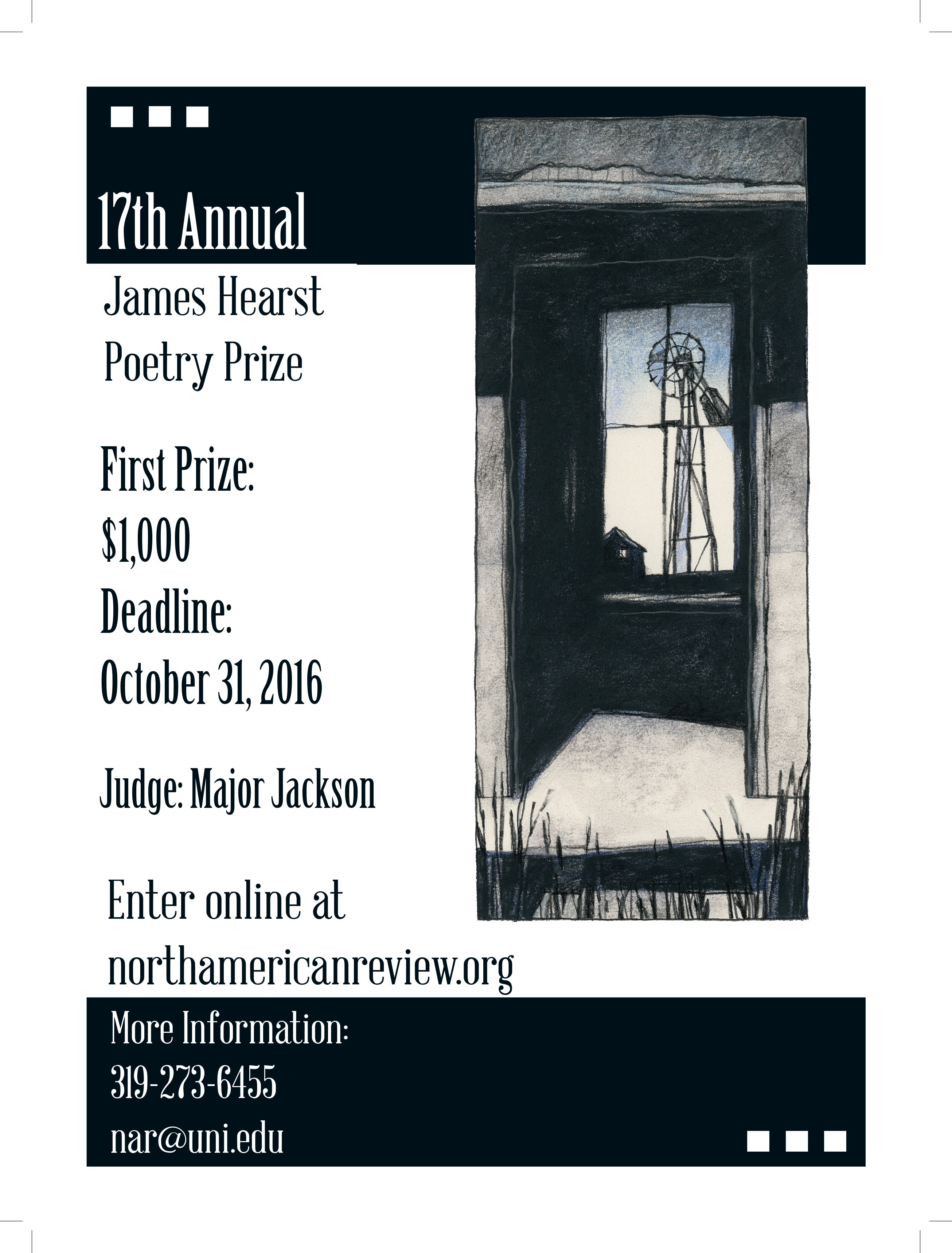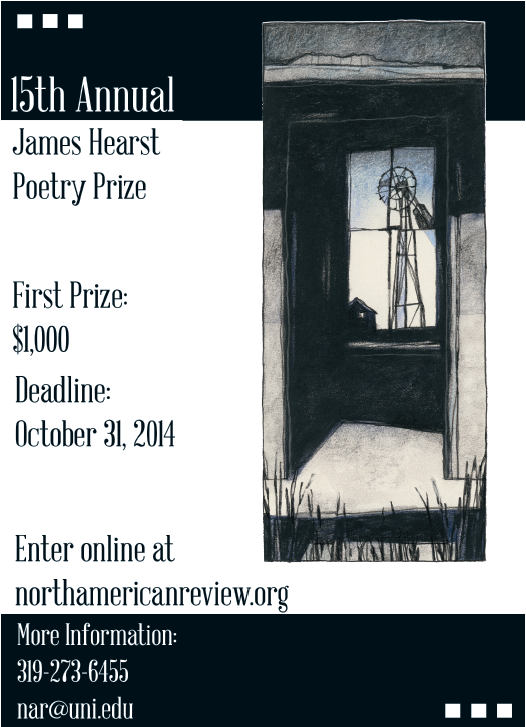
Two hundred years ago, amidst bombs bursting in air, Nathan Hale and a group of journalists created a collaboration of literature to foster genuine American culture within a single source. This collaboration came to be known as the North American Review.
Born in Boston in 1815, North American Review (NAR) was a creation of pride in one’s country. The United States had almost won the War of 1812 against Great Britain. Francis Scott Key wrote the “Star-Spangled Banner” and soon the Treaty of Ghent would be signed to officially end the war.
NAR has thrived and flourished since its creation in 1815. The magazine exchanged hands several times until it arrived at the University of Northern Iowa, where it currently resides. From famous editors to Cornell College and even a Japanese propagandist, the NAR has quite a history. Famous contributors include Abraham Lincoln, John Adams, Joseph Conrad, Elizabeth Cady Stanton, Chief Joseph, John Steinbeck, Mark Twain, H.G. Wells, Walt Whitman and Woodrow Wilson. Thomas Jefferson even subscribed to the magazine.
All issues from 1815-present are stored in Rod Library at the University of Northern Iowa and are available online through JSTOR. The 1815-1900 editions are also available online courtesy of Cornell College on their “Making of America” website.
Now, on the cusp of its 200th anniversary, NAR is planning a bicentennial conference June 11-14, 2015, on the University of Northern Iowa campus, featuring keynote speakers and a call for papers.
“We have been preparing for the anniversary for several years with our ‘Past Perfect’ section on the last page of each issue,” said NAR editor Vince Gotera. “In each Past Perfect, we feature a contemporary writer who selects something—article, poem, story, whatever—that’s been in the NAR, excerpts a bit from it, and then writes an article contextualizing that topic in the present.”
Currently at the NAR, we are releasing a special issue celebrating the 25th anniversary of the opening of the James and Meryl Hearst Center for the Arts, located in Cedar Falls, Iowa. James Hearst was a prominent American regionalist writer and “farmer poet” as well as an emeritus professor at the University of Northern Iowa. He published ten volumes of poetry and two prose books in his lifetime. His Collected Poems (University of Iowa Press, 2001) includes 661 works. The Hearst Center for the Arts opened in 1989 as a tribute to his work as a writer and educator for more than three decades.
To celebrate the center’s silver anniversary, we are including a four-page color spread with illustrations by Gary Kelley, a prestigious local artist, and poetry by James Hearst in our Spring Issue 299.2. The James Hearst poems included are “After the People Go,” “Fog,” “Strange Things Happen,” and “Flowers Would Be Better.”
Kelley has created our magazine cover images since the spring of 1992 using mainly pastels on paper. A well-known artist, Kelley has illustrated over twenty children’s books, created the murals in all Barnes and Noble stores, and has nationwide clients including The Rolling Stones, The New Yorker, and The Los Angeles Times, to name a few.
Other artists also contribute to NAR, helping showcase the culture of the United States in a collection of history held on the magazine’s pages.
“It is an honor to work as an editor on the North American Review because it’s such a culturally significant American institution,” said Jeremy Schraffenberger, associate editor. “It’s also an honor to work with both new and established writers and present their work to the literary world. I think of editing as a kind of gift-giving endeavor. We find these beautiful pieces of art and then give it to our readers. There’s great pleasure in that. My favorite thing about working for the NAR is being a part of something bigger and more important than myself, something with a long and illustrious history, and something whose future I get to help shape.”
We look forward to continuing to collect the history and artistic culture of our nation. Please feel free to visit our website for more information or to submit your work.
Article by Rachel Routier, photgraph by Sara Heffernen
Rachel Routier received her MA from the University of Northern Iowa and a BA from Iowa State University. She has published stories and poetry in both campus’ literary magazines, The Rusty Nail, and American Athenaeum, and blogs regularly at Lusterville and Lobsters. She worked as the Advertising Coordinator for North American Review during the spring semester of 2014.
Photographer Sara Heffernen received her bachelor of arts from the University of Northern Iowa with a degree in graphic design. She owns and operates Sara Heffernen Photography and can often be found taking family portraits, senior pictures, and weddings during the summer months.












